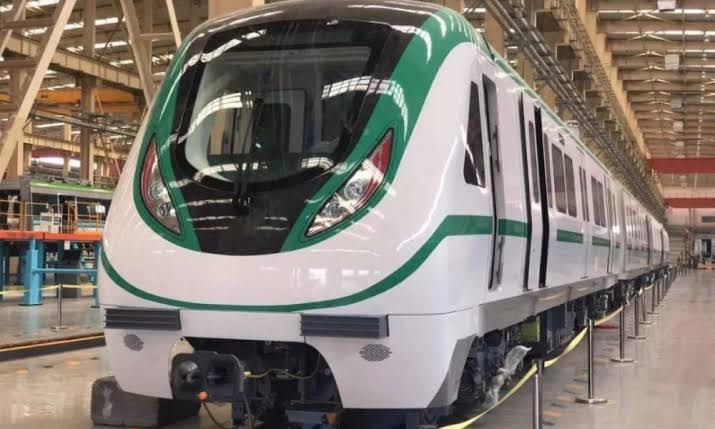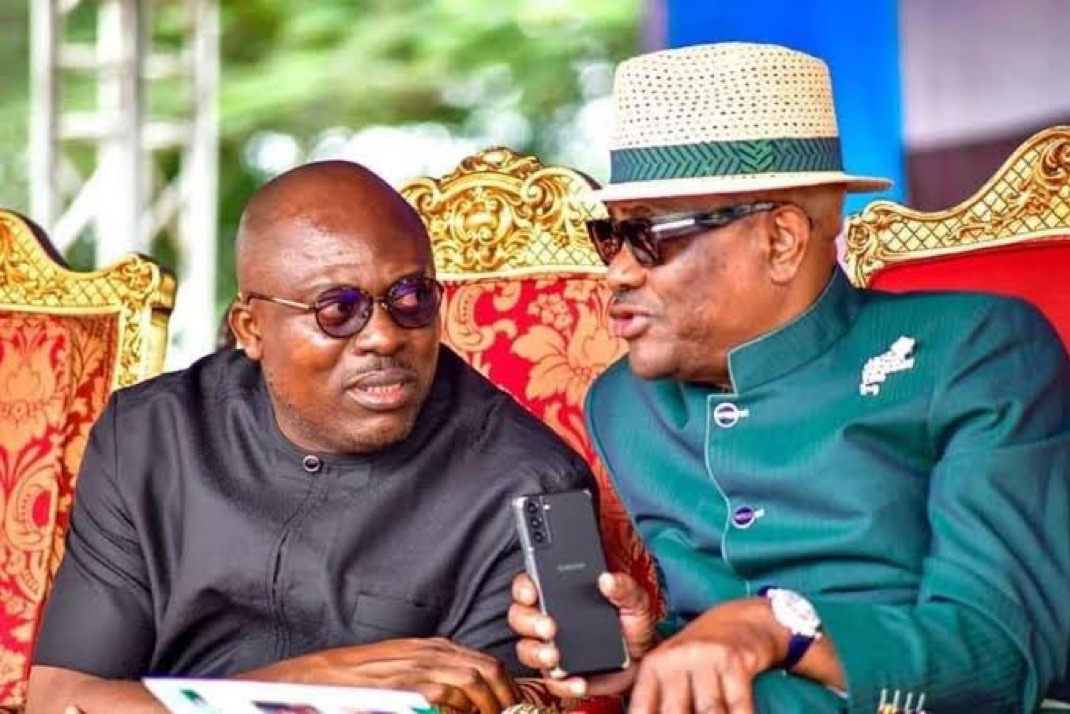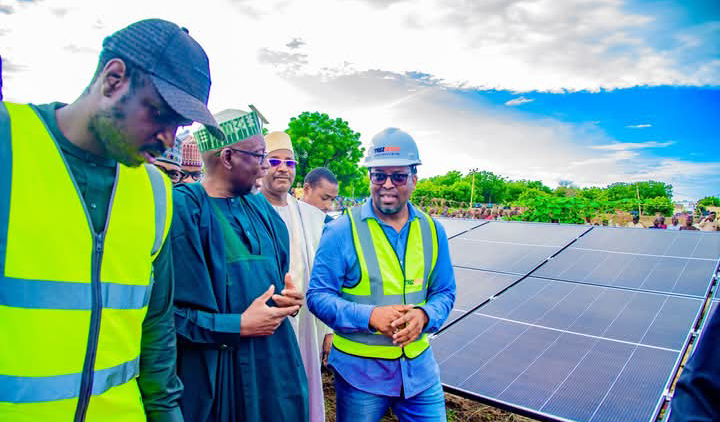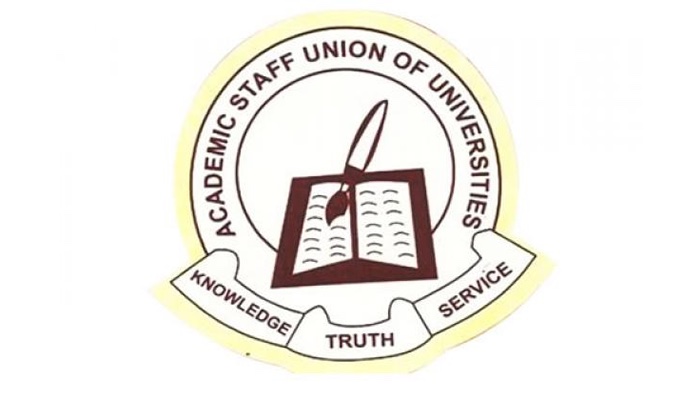
MURIC Slams FG, NRC Over Alleged Discrimination Against Muslims on Eid-el-Kabir Train Rides

In a development stirring national debate, the Muslim Rights Concern (MURIC) has issued a strong condemnation of the Federal Government and the Nigerian Railway Corporation (NRC), accusing both institutions of religious bias over the failure to provide free train services to Muslims during the upcoming Eid-el-Kabir celebrations. The Islamic advocacy group has decried what it terms as blatant discrimination, especially in light of the free train rides previously provided to Christians during the Christmas period.
The statement, which has quickly gained traction on social media and news outlets across the country, was released by MURIC’s Director, Professor Ishaq Akintola, a vocal figure known for his outspokenness on issues of religious rights and representation in Nigeria. According to Akintola, the refusal to extend the same travel benefits to Muslims during one of the most significant Islamic festivities in the country represents a troubling double standard in how the government handles religious inclusivity.
"During the Christmas period, the Federal Government graciously provided free train rides to our Christian compatriots to enable them to celebrate with their families. While we do not begrudge them such a gesture, it becomes painfully obvious that there is no similar show of goodwill to Muslims now that Eid-el-Kabir is around the corner," Akintola said. "This is unacceptable in a country that claims to respect freedom of religion and the equality of all faiths."
The statement emphasized the symbolic and practical importance of Eid-el-Kabir, also known as the Festival of Sacrifice, for Muslims across Nigeria. It is a time marked by spiritual reflection, sacrifice, and family reunions, often requiring long-distance travel as many Muslims journey back to their hometowns and ancestral villages. With transportation costs surging and economic pressures weighing down on the average Nigerian, MURIC contends that offering free train rides would not only have eased the burden but also shown a gesture of fairness and national unity.
The group’s criticism has sparked a wider conversation among Nigerians, with citizens expressing diverse views. Some social media users echoed MURIC’s position, asking why the NRC’s generosity during Christmas was not replicated for the Muslim holiday. Others, however, questioned the logic behind the expectation, arguing that religious events should not necessitate government-funded travel incentives unless extended uniformly to all.
NRC and government officials have yet to issue a formal response to the allegations, but insiders suggest the matter is being reviewed. A senior official at the Ministry of Transportation, who asked not to be named, hinted that the Christmas free train rides were part of a special initiative driven by seasonal passenger surges and public safety concerns. "That move was more logistical than religious," the source said. "However, given the sensitivity raised by MURIC’s statement, the Ministry may need to reassess how it handles such provisions in the future to avoid the appearance of favoritism."
Despite this explanation, MURIC remains unsatisfied, arguing that the perception of fairness is just as crucial as the policy itself. "We’re not asking for anything extraordinary," Akintola stated. "We are simply demanding equity. If the government can recognize the mobility needs of Christians during their holy season, why is it so difficult to do the same for Muslims? The silence is deafening, and the exclusion is disheartening."
This isn’t the first time MURIC has challenged public policies perceived to sideline Muslim citizens. The group has long been vocal about issues ranging from school curriculum content to the representation of Muslims in government appointments and public holidays. Their critics have accused them of stoking division, while their supporters argue they serve as an essential watchdog holding the government accountable to its constitutional promises.
The timing of this current outcry is particularly significant. Nigeria is still grappling with a fragile sense of national cohesion amid regional tensions, economic instability, and growing insecurity. Against this backdrop, any perceived act of religious partiality is bound to stir intense emotions. Analysts suggest that rather than dismissing MURIC’s grievances, the government should engage more transparently on the issue and consider policy frameworks that ensure equitable treatment of all faith groups in public services.
Some observers have also raised concerns that such disparities, even if unintentional, could erode public trust in national institutions. With Nigeria being almost evenly divided between Christians and Muslims, inclusive governance is not just a constitutional obligation but a crucial strategy for peace-building and national unity.
Meanwhile, commuters heading home for Eid-el-Kabir continue to struggle with inflated transportation costs, compounded by fuel scarcity and inflation. Many lament that the absence of any support from the government during such a sacred holiday is a missed opportunity to demonstrate solidarity with ordinary Nigerians during hard times.
“I can’t afford the bus fare home this year,” said Musa Ibrahim, a trader in Lagos. “If the trains were free like they were during Christmas, I would’ve gone. But now, I will have to stay in the city. I feel like we are forgotten.”
As the Eid-el-Kabir celebration approaches, with millions of Muslims preparing to observe the annual pilgrimage rites and community festivities, MURIC’s accusations have spotlighted deeper questions about the equitable distribution of public resources, the symbolic weight of religious recognition, and the urgent need for consistency in government policies that touch on religion.
Whether the Federal Government and NRC will respond with corrective action remains to be seen. For now, the criticism stands as a powerful reminder of the delicate religious balance in Nigeria, and the high expectations citizens have for a truly inclusive nation.


